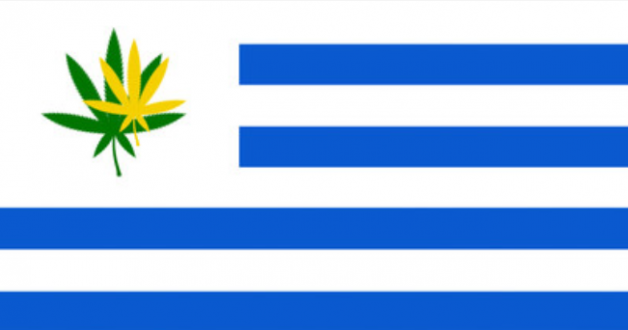æternity, an open-source blockchain for building decentralized applications, today announced that it is in the process of creating a supply chain management platform for the cannabis trade alongside Uruguay Can, one of South America’s leading cannabis production companies.
The solution that aeternity will implement allows the registration and tracking of cannabis strains from the seed to the final product, combining the technology of blockchain and IoT, while also offering the possibility of creating decentralized applications.
aeternity Americas CEO Pablo Coirolo explained that blockchain technology can provide security and confidence about the quality of medical and recreational cannabis.
“We want to be the first to offer a business-level solution in partnership with leading technology providers and cannabis producers, processors and distributors. aeternity technology is ideal to capture the history of cannabis throughout the supply chain, ensuring consumer safety while exercising regulatory control,” described Coirolo.
Uruguay

In December 2013, Uruguay became the first country in the world to completely legalize the production and sale of marijuana.
With a population of only 3.4 million and in a small territory between its two neighboring giants, Brazil and Argentina (with populations of 208 and 43 million respectively), Uruguay has innovated in both recreational and medicinal marijuana.
Implementation
The first phase of the implementation of the program between Uruguay Can and aeternity will begin in October and is expected to be completed in January 2020 with full implementation planned for the middle of next year.
For Uruguay Can CEO Eduardo Blasina, the partnership with aeternity is a significant milestone for the industry. “We are proud to be the first company in Uruguay that can support its products in a transparent and verifiable way,” said Blasina.
Coirolo added, “The importance of the traceable source of cannabis is a responsibility towards consumers and the industry, who should be able to feel safe. “This mechanism is ideal for polishing cannabis history throughout the supply chain, certifying consumer safety while regulatory control is being carried out,” said Coirolo.
Remember that blockchain, or “cadena de bloques” in Spanish, is an immutable database distributed among computers that are part of a network, which facilitates the exchange of data and documents between those involved in an operation.






















